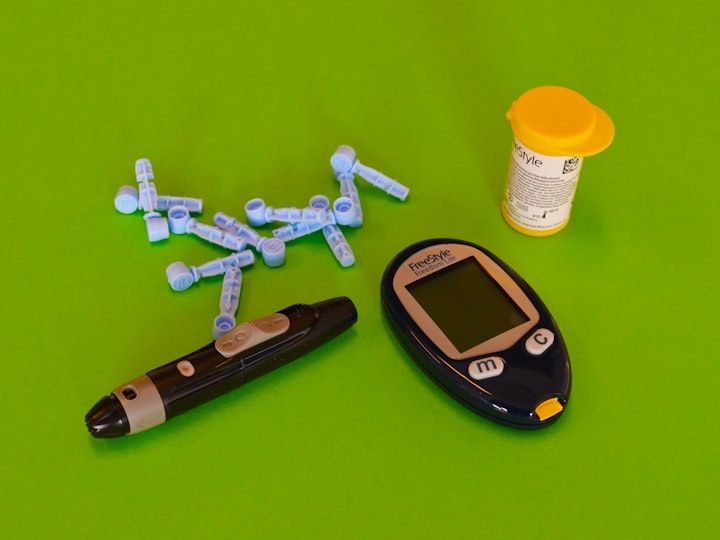How many carbs a day should a diabetic have
How to count carbs

Millions of people worldwide are affected by diabetes, which is a chronic health condition. Proper management of diabetes involves controlling blood sugar levels, which can be achieved through various lifestyle changes, including dietary modifications.
Carbohydrates are the primary source of energy for the body, but they also significantly impact blood sugar levels. Therefore, it is crucial for diabetics to understand how many carbs they should consume daily.
In this article, we will discuss the ideal carbohydrate intake for diabetic patients and other related topics.
How Many Carbs Per Day is Good for Diabetic Patients?
The ideal carbohydrate intake for diabetic patients depends on several factors, including age, weight, physical activity level, and the severity of the condition.
In general, the American Diabetes Association recommends (https://diabetes.org/ ) that diabetic patients should consume around 45-60 grams of carbohydrates per meal. This translates to roughly 135-180 grams of carbohydrates per day. However, this recommendation may vary depending on individual circumstances.
How You Can Identify How Many Carbs I Need Per Day ?
You should consult a registered dietitian or a certified diabetes educator to determine how many carbs you need per day. These professionals can assess your individual needs and develop a personalized meal plan based on your specific health goals and lifestyle.
They can also educate you on how to read food labels, measure portions, and make healthier food choices.
What does Low-Carb Diabetic Diet mean?
A very low-carb diabetic diet, also known as a ketogenic diet, involves drastically reducing carbohydrate intake and increasing healthy fats and proteins.
This diet aims to put the body in a state of ketosis, where it burns fat for energy instead of glucose. Some studies suggest that a very low-carb diet may help improve blood sugar control in diabetic patients.
However, this type of diet is not suitable for everyone and may require careful monitoring to avoid potential complications.
Is it Really Hard To Maintain On A Low-Carbohydrate Diet?
Staying on a low-carbohydrate diet can be challenging, especially for individuals who are used to eating a diet high in carbohydrates.
It requires careful planning, preparation, and discipline to maintain a healthy balance of nutrients.
However, with the help of a registered dietitian or a certified diabetes educator, it is possible to follow a low-carbohydrate diet without compromising taste, variety, and satisfaction.
How Many Carbs to Eat by a Physically Active Diabetic Man To Lower High BP?
Physical activity can help improve blood sugar control in diabetic patients by increasing insulin sensitivity and glucose uptake by muscles.
However, physically active diabetic men may need to consume more carbohydrates to support their energy needs.
The recommended carbohydrate intake for physically active diabetic men may range from 60-90 grams per meal, depending on the intensity and duration of their activity.
Shall I avoid Carbs To Cure My Diabetes?
There is no cure for diabetes, and eliminating carbohydrates from your diet entirely is not a recommended approach.
Carbohydrates are essential nutrients that provide energy for the body, and eliminating them entirely can lead to nutritional deficiencies and other health complications.
Instead of eliminating carbs, focus on consuming healthy carbohydrates from whole grains, fruits, and vegetables and balancing them with healthy fats and proteins.
In conclusion, diabetic patients should aim to consume an appropriate amount of carbohydrates to help manage their blood sugar levels effectively.
The recommended carbohydrate intake may vary depending on individual factors, including age, weight, physical activity level, and the severity of the condition.
By working with a registered dietitian or a certified diabetes educator, diabetic patients can develop a personalized meal plan that meets their unique needs and goals.
Additionally, regular physical activity, along with a balanced diet, can significantly improve blood sugar control and overall health in diabetic patients.
You may also checkout for tips.





Comments
There are no comments for this story
Be the first to respond and start the conversation.